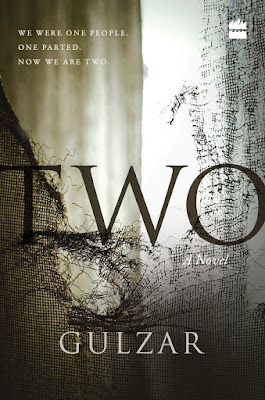OK, first of all, there is no rule that forbids grown-ups from reading children’s fiction. Second, there is no rule that prevents one from reading a book that was bought as a gift for one’s nieces either. So, as I had bought this book for my lovable little niece, after reading the recommendation from a dear friend, I decided to flip through the pages casually. But to confess, I ended up reading through the book with rapt attention. What a cute little tale to tell one’s little ones!
Little Duncan opens his crayon box one day, only to find a bunch of letters from all the colors that have decided to quit helping him color his pictures. Reason? They feel the ‘injustice’ of either not being used enough or being used to the point of ‘exhaustion’. The colors have all decided to leave letters to Duncan expressing their ‘grievances’. How poor little Duncan cleared their resentment by way of a creative – literally – solution is what all this book is about.
The book lasted hardly through a cup of green tea, but it will definitely stay on in the heart a lot longer. Once in a while, it feels very nice to shed all the pretenses of being a grown-up and indulge in such cute little books. So, if you are looking for a funny little read, not even long enough to be the preface of one of your serious big books, pick this up. You’re sure to forget yourself and relish a chuckle or two reading through the crayons’ complaints. Happy reading!
Little Duncan opens his crayon box one day, only to find a bunch of letters from all the colors that have decided to quit helping him color his pictures. Reason? They feel the ‘injustice’ of either not being used enough or being used to the point of ‘exhaustion’. The colors have all decided to leave letters to Duncan expressing their ‘grievances’. How poor little Duncan cleared their resentment by way of a creative – literally – solution is what all this book is about.
The book lasted hardly through a cup of green tea, but it will definitely stay on in the heart a lot longer. Once in a while, it feels very nice to shed all the pretenses of being a grown-up and indulge in such cute little books. So, if you are looking for a funny little read, not even long enough to be the preface of one of your serious big books, pick this up. You’re sure to forget yourself and relish a chuckle or two reading through the crayons’ complaints. Happy reading!









